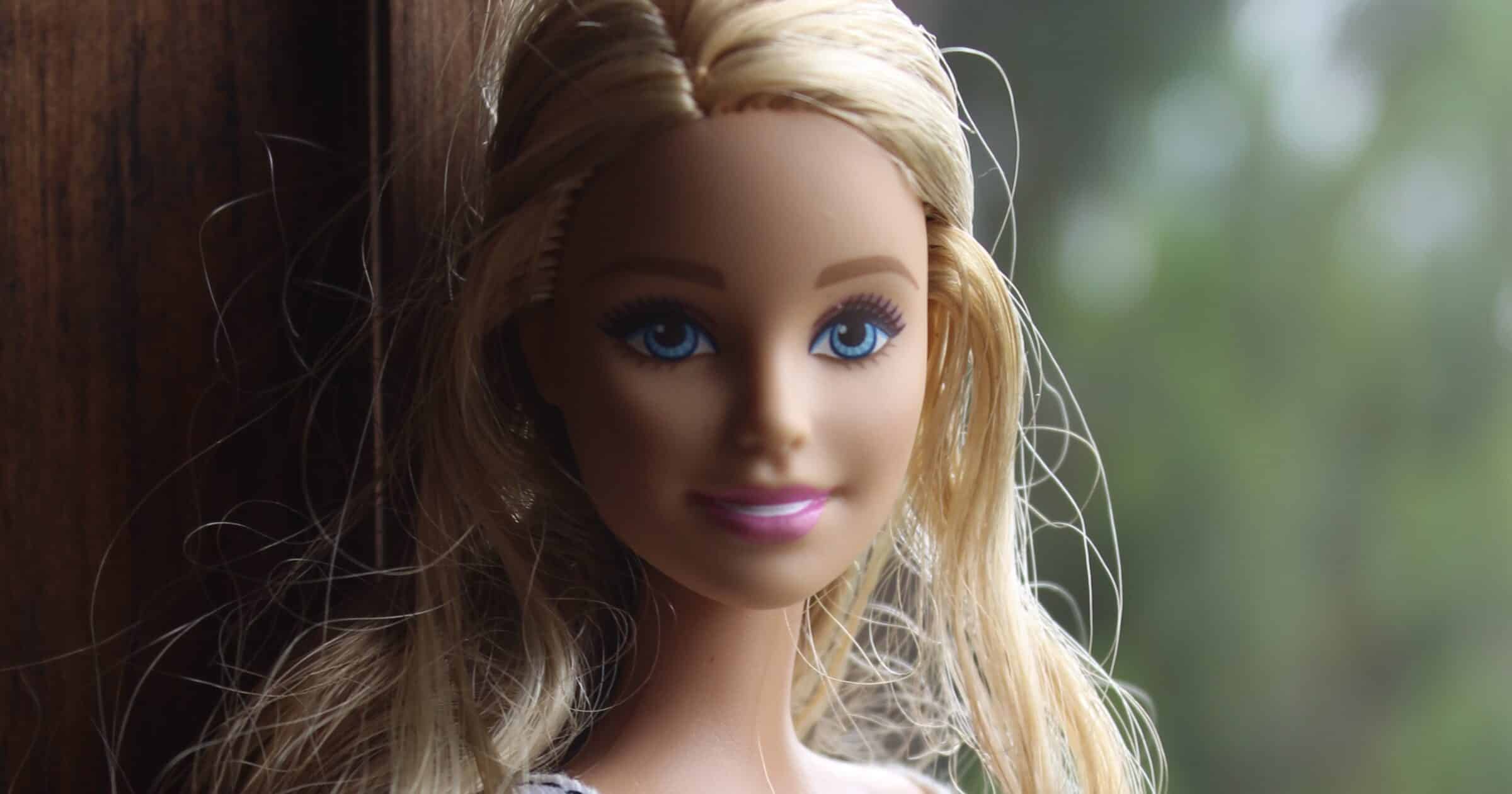 Culture & Ethics
Culture & Ethics
 Neuroscience & Mind
Neuroscience & Mind
Barbie’s Subtle Critique of Transhumanism?

Since its release in July, Barbie has proved as controversial as it has popular. Its joint release alongside Oppenheimer has had movie theaters across the country teeming with “Barbenheimer” fans, those zealous people who watched both movies on the same day in an unprecedented feat of pink glitz and existential dread.
But what is Barbie about? Is it a takedown of the patriarchy, a gentle comedy, or something a bit more subtle and powerful? The reviews have ranged between harsh critique and lavish praise. With the flood of commentary, though, have most people missed a central and yet subtle point?
Elayne Allen, writing for Public Discourse, offers an alternative interpretation of the movie which might have bypassed the imaginations of both its critics and advocates. She thinks Barbie is a quiet rejection of transhumanism, that philosophy that seeks to escape the body and its limits, writing,
A land of girls’ nights, omnipresent pink, and witless men is an amusing getaway. But women ultimately want human men, not dull shells of masculinity; and the citizenship in Barbieland requires abandoning one’s own humanity, and losing one’s womanhood along the way. This is why Gloria, Sasha, and Barbie eventually all return home to the real, human world.
ELAYNE ALLEN, “BARBIE’S QUIET REBUKE OF TRANSHUMANISM” AT PUBLIC DISCOURSE
It’s a Woman’s World
Barbie’s world is a woman’s world, but only artificially so because it seeks to abandon the bodily constraints and “messiness” of the real world. In short, “Barbieland” is a transhumanist play palace where you can have fun but never experience meaning. Despite the Barbie doll positively representing the possibilities of being a woman apart from just motherhood and homemaking, it also came to distance women from the goodness of “mundane life,” according to Allen. She continues,
Women, therefore, shouldn’t harbor hostility to their bodies — wombs, cellulite, wrinkles — which transhuman feminism viscerally fears. Soon after Barbie steps, flat-footed, into the real world for the first time, she marvels at an old woman sitting next to her at the bus stop. Awestruck, Barbie says: “You’re so beautiful.” The woman’s smiling response, “I know it,” suggests that accepting frailties of flesh gives one contentment, steadiness, and joy. As Helen Andrews pointed out in her review of the movie, [director Greta] Gerwig said that, without this scene, she didn’t know what the movie was about.
The transhumanists want to escape the body into a dreamlike utopia. It will be fully artificial and completely boring. Luckily, we can choose the beautiful frailty of the real instead, and live a life that’s ultimately worth the toil and constraints.
Cross-posted at Mind Matters News.
